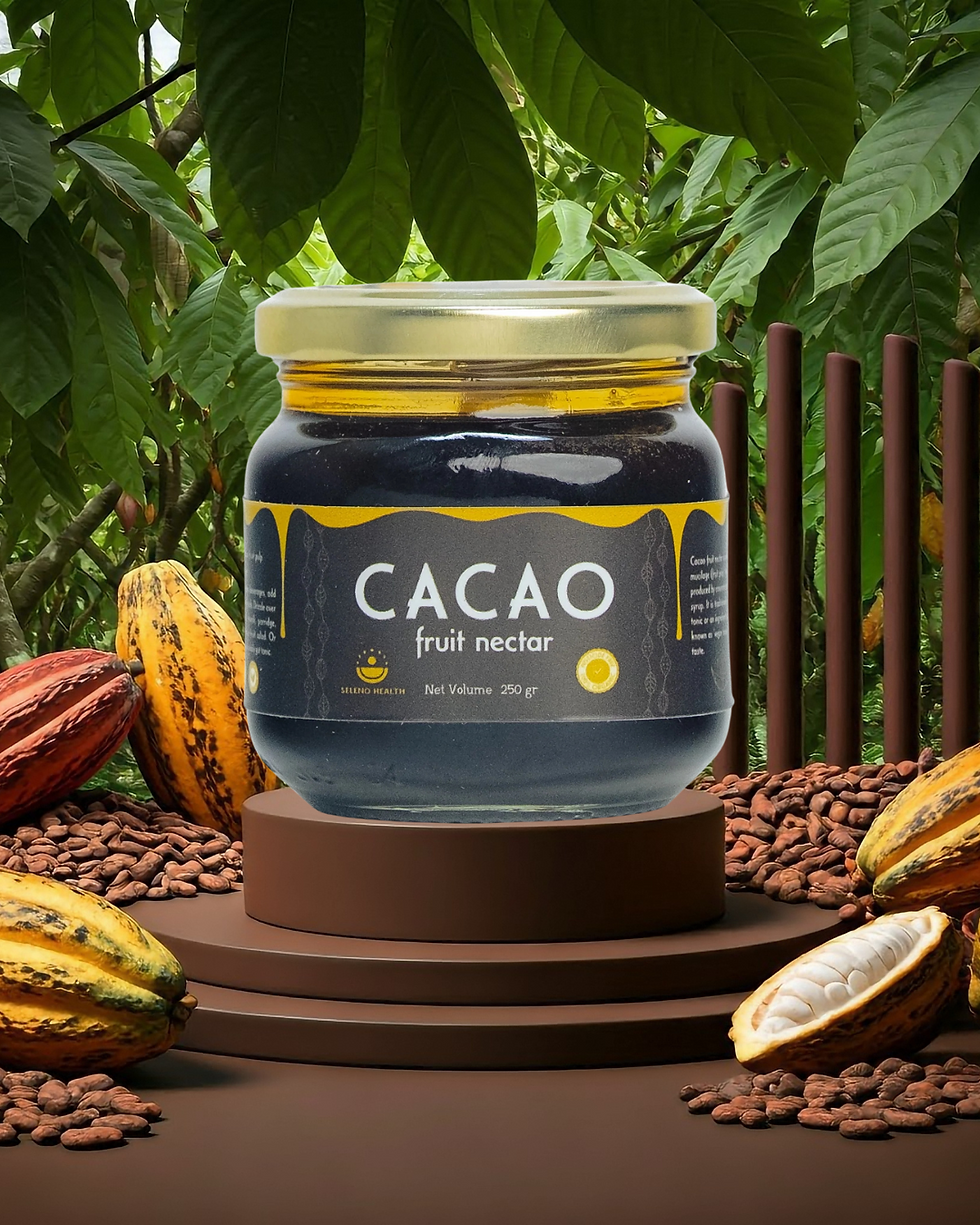Seleno Health Tocosh Capsules are the magic of the Andes, A probiotic powerhouse!
It's time you discovered the ancient Andean food, Tocosh. Used since Inca times and revered as a gift from the Apus (mountain deities), tocosh is crafted from the fermented pulp of special Peruvian potatoes. These capsules deliver the incredible benefits of this food without the potent taste.
Made from Huayro, Iskupuro, and White potato varieties, tocosh undergoes a sacred fermentation process in Peru’s highlands. It’s rich in iron, vitamins D, C, B6, magnesium, and potassium.
It contains prebiotics, probiotics, and postibiotics. It is a true, whole-food synbiotic.
Why You’ll Love It:
- Gut Health: Fermented probiotics, prebiotics, and postbiotics.
- Gluten-Free & Vegan: Pure and 100% plant-based.
- Travel Friendly: Ideal to support your gut bacteria during travel
- Organic Wholefood: Not made in a lab, it contains living probiotic bacteria living in whole food form.
Each capsule contains 800 mg of tocosh.
Suggested Use: Take 1-2 capsules twice daily before meals or as directed by your healthcare practitioner.
Ingredients: Tocosh powder (Solanum tuberosum L. tuber)
Other ingredients: Vegetable cellulose capsule
Origin: Peruvian highlands
Pure & Natural: No additives or preservatives
Storage:
Warnings: Do not use Tocosh if you are allergic to Penicillin. Pregnant and nursing women should not use Tocosh unless directed by their healthcare practitioner.
Storage: Keep in a cool, dry place away from direct sunlight. Tocosh has a unique pungent odor similar to some other fermented foods. This is normal and a sign that the bacteria and formula are healthy. To reduce the odour, you can keep it in the fridge if you prefer, but this is not necessary to maintain the product.
Experience the Andes’ magic with tocosh—a sacred and ancient food to nourish and support your health. 🌄
Seleno Health believes it is our responsibility as consumers, suppliers, and retailers to protect the incredible heritage, culture, and history of Maca and Cacao in Peru and create an ethical and sustainable way to produce products that benefit all involved.
They have a direct partnership with their farmers and community in Peru and are committed to protecting them from exploitation, which can be prominent in many areas of the industry. The farms carry out the total production of their final products, meaning all profits are shared back with them, resulting in fair payment for premium farm-to-table products, a better-than-living wage, and eliminating the middleman.
They also donate a percentage of their profits to a development fund to improve the lives of those who make their products. They believe that if they benefit from the rich agricultural resources supplied by their farmers, then so should they.
When you buy food, do your research, buy ethically, and support companies that give back. Your purchase is like a vote; vote wisely for the people trying to preserve and protect, not profit.
In the community that grows the Maca for their products, they are currently working on these projects:
• Funding improvements to the conditions at the San Jose de Quero school
• Improving their farmer’s house in terms of infrastructure, consumables, heating, water, internet, and sanitation.
• They sponsor 14 children from the community and pay for their annual schooling needs.
• They funded the building of accommodations to house eco-tourists, allowing the community to generate a long-term sustainable income in addition to their current trade.
• They are working to create cultural and professional development programs for their farmers, their families, and the local school children; this will improve their levels of education and professional experience.
They also support the Mishollo Agrarian Community in Tocache, Peru, by aiding the liberation from drug cartels and criminal oppression and reconnecting them with their ancestral roots of Cacao cultivation. For over 30 years, farmers of Cacao in Peru have been pulled into an illegal drug trade by cartels needing coca plants to produce cocaine for export into Western markets. This has left Indigenous farmers and their communities devastated and often faced with bloodshed and violence to comply, plus instilling a disconnect and loss of the traditions, wisdom, and connection with Cacao as a master plant.
In 2012, the Rescue Cacao Program was developed to bring change to the industry. Their contribution helps purchase farming equipment so they can produce organic Cacao for export. By choosing their Cacao, you encourage them to reconnect with their ancestral roots of Cacao cultivation and help preserve the culture and history of Cacao in Peru.
FDA Disclaimer: These statements have not been evaluated by the Food and Drug Administration. This product is not intended to diagnose, treat, cure, or prevent any disease.



















